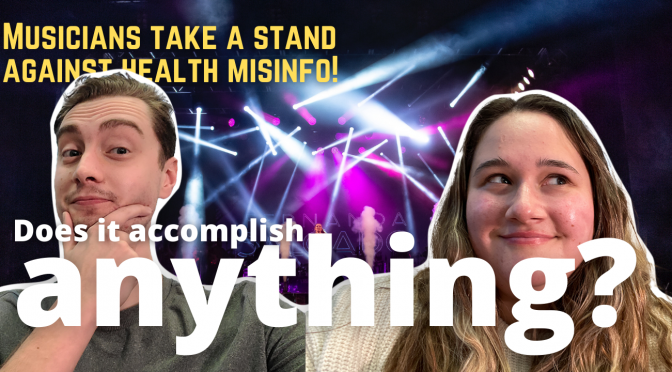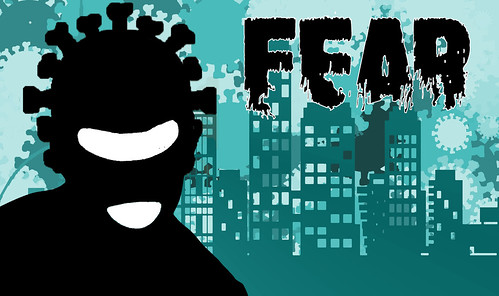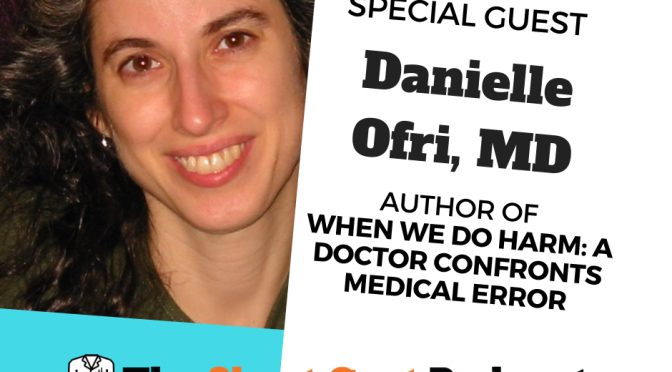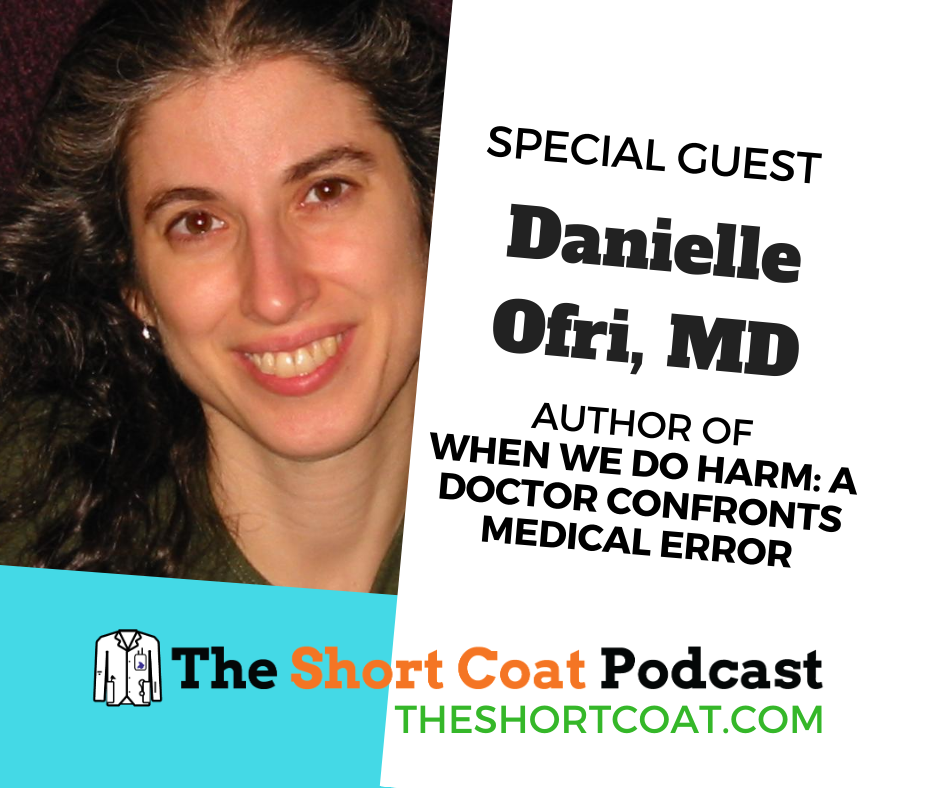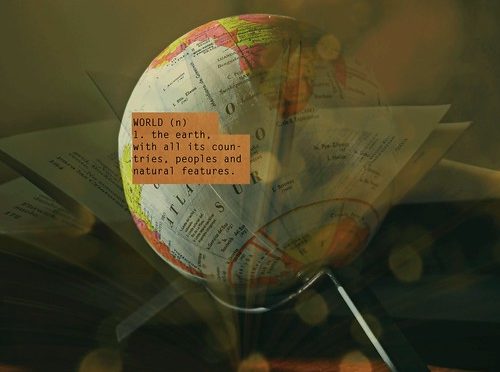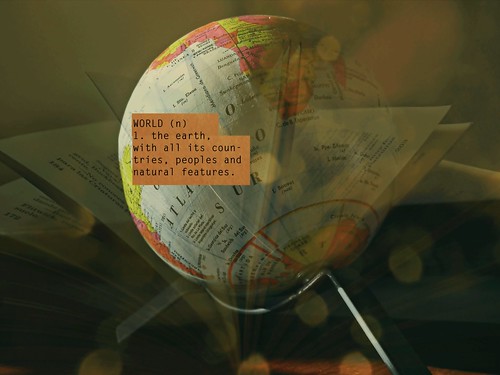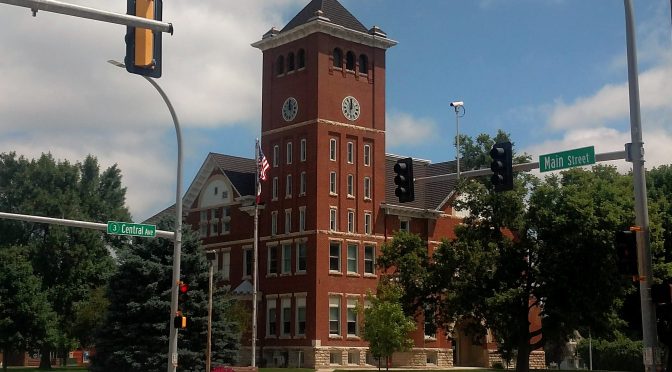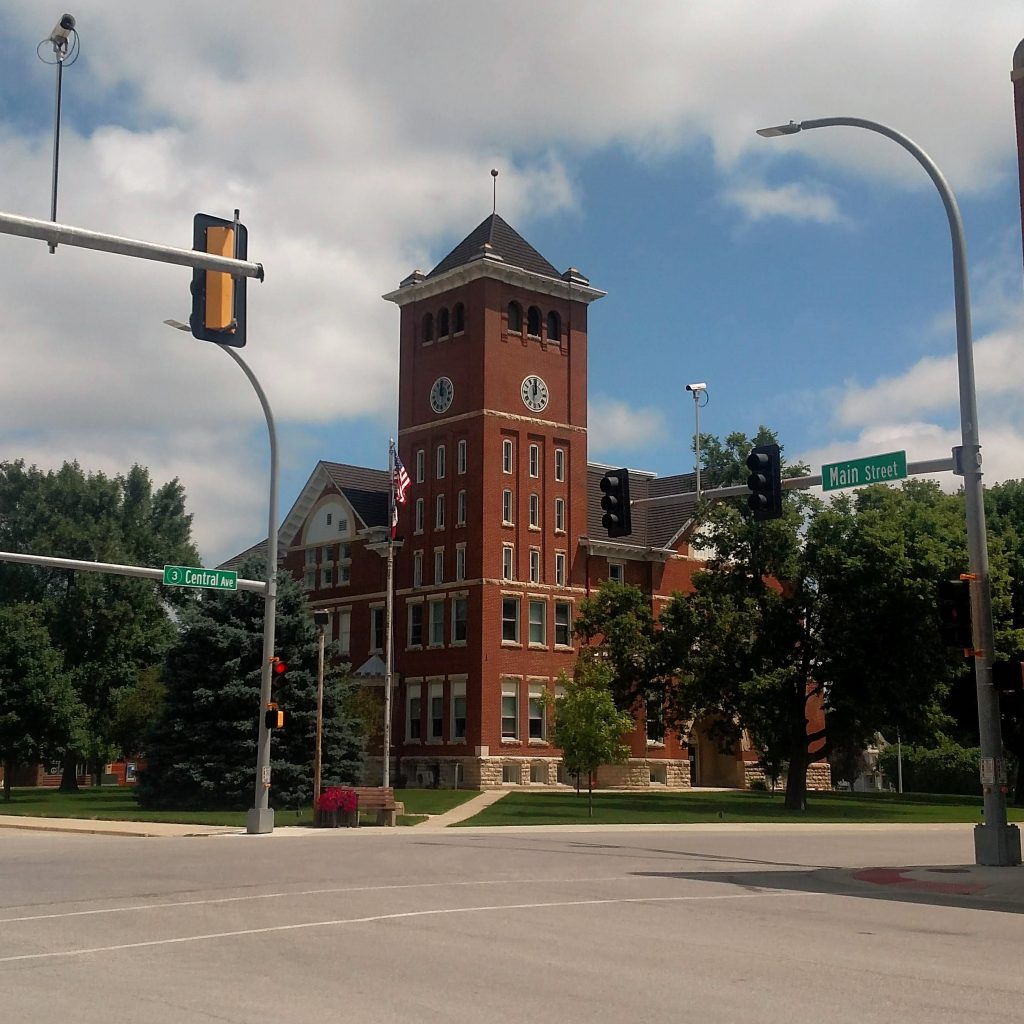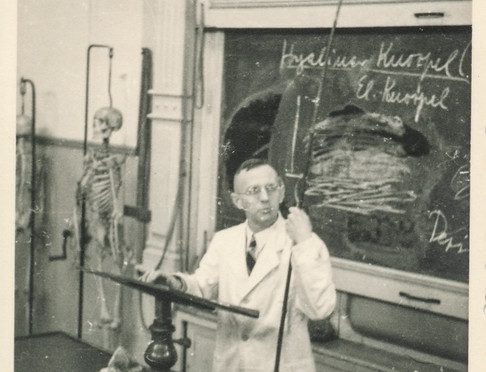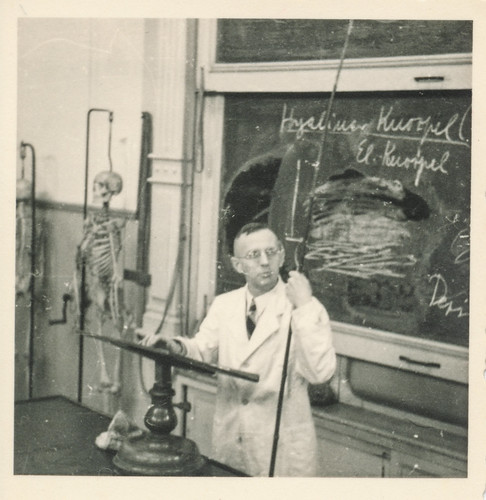Podcast: Play in new window | Download (Duration: 1:00:58 — 55.8MB)
Subscribe: Spotify | RSS | More
Standing up against health misinformation is great, but will it help people understand?
TL;DR
- Folk rock god Neil Young and others have removed their music from Spotify, which hosts Joe Rogan’s controversial podcast over his COVID and vaccine discussions with deniers.
- Does that actually accomplish anything, or is it too late to win over the hesitant?
- We play Kiss, Marry, Kill: Medical Specialties Edition.
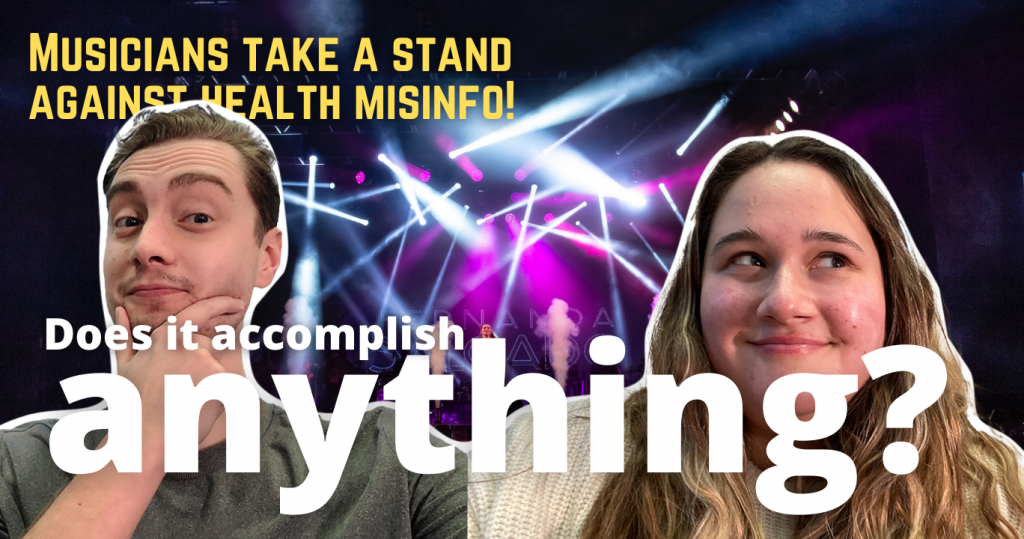
Some very famous musicians have told their labels to pull their catalogs from Spotify over it’s hosting of Joe Rogan’s podcast, which often includes discussions with vaccine and COVID deniers. This has renewed the discussion over Internet media’s role in shaping public discourse on important life-and-death topics. But M2 Eric Boeshart, M1 Mallory Kallish, M3 Ananya Munjal, and MD/PhD student Riley Behan-Bush aren’t convinced that it’ll persuade many to adopt a more expert-influenced approach to their health. (Note: we discussed this prior to Rogan’s response, in which he promised to include more experts on his show).
The crew also plays a game of Kiss, Marry, Kill: Medical Specialties edition.
We Want to Hear From You
How’d we do on this week’s show? Did we miss anything in our conversation? Did we anger you? Did we make you smile? Call us at 347-SHORTCT anytime or email theshortcoats@gmail.com. It’s always a pleasure to hear from you!
Continue reading MUSICIANS TAKE A STAND ON SPOTIFY/ROGAN. WILL that FIGHT HEALTH MISINFO?
